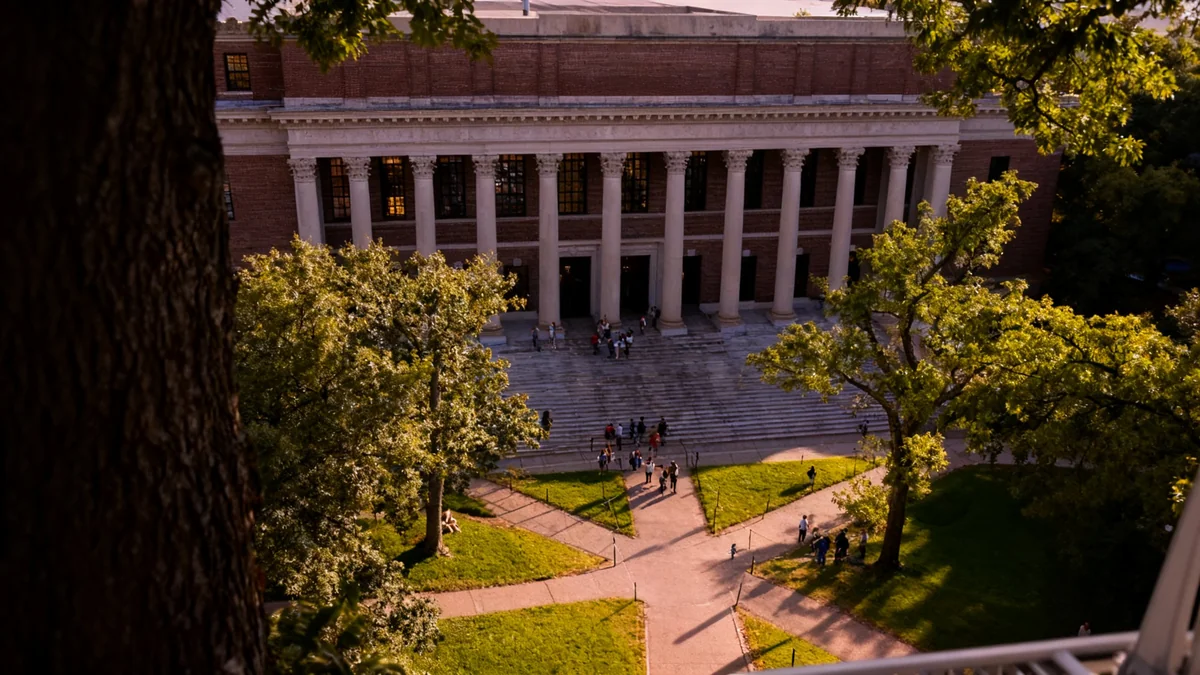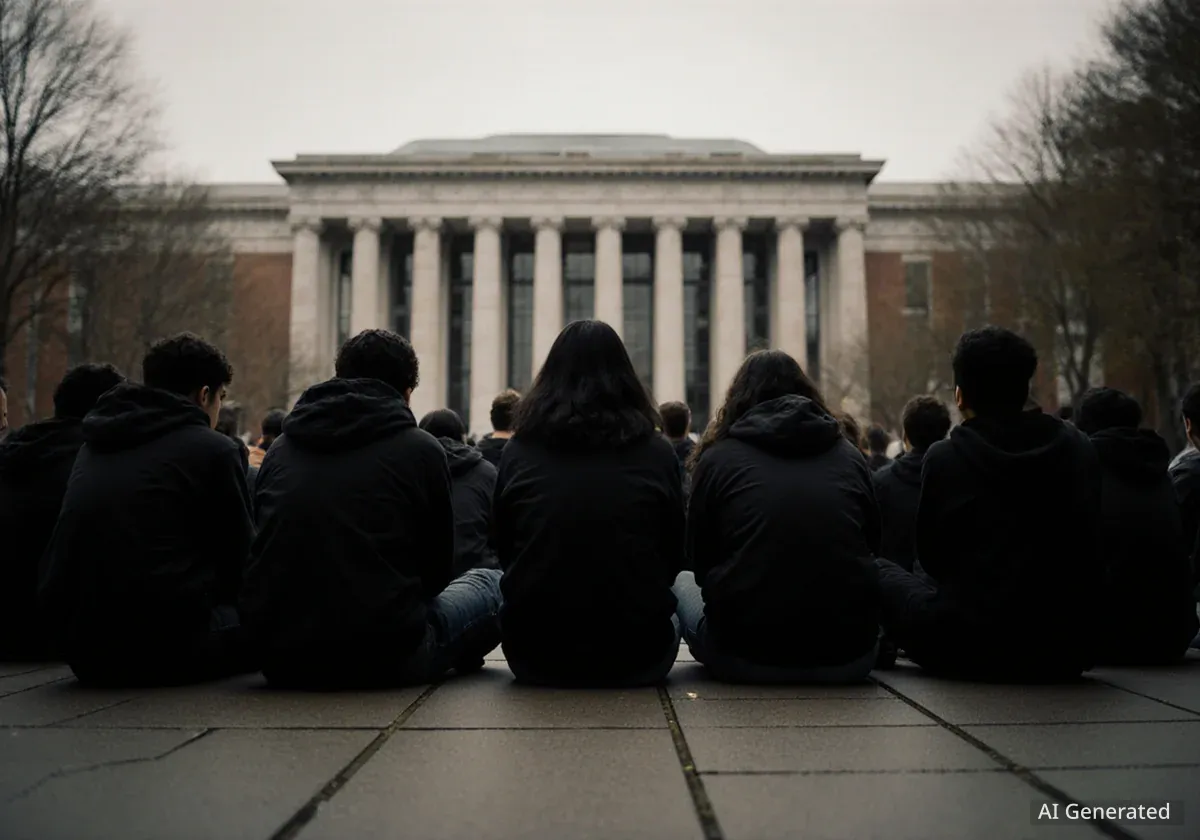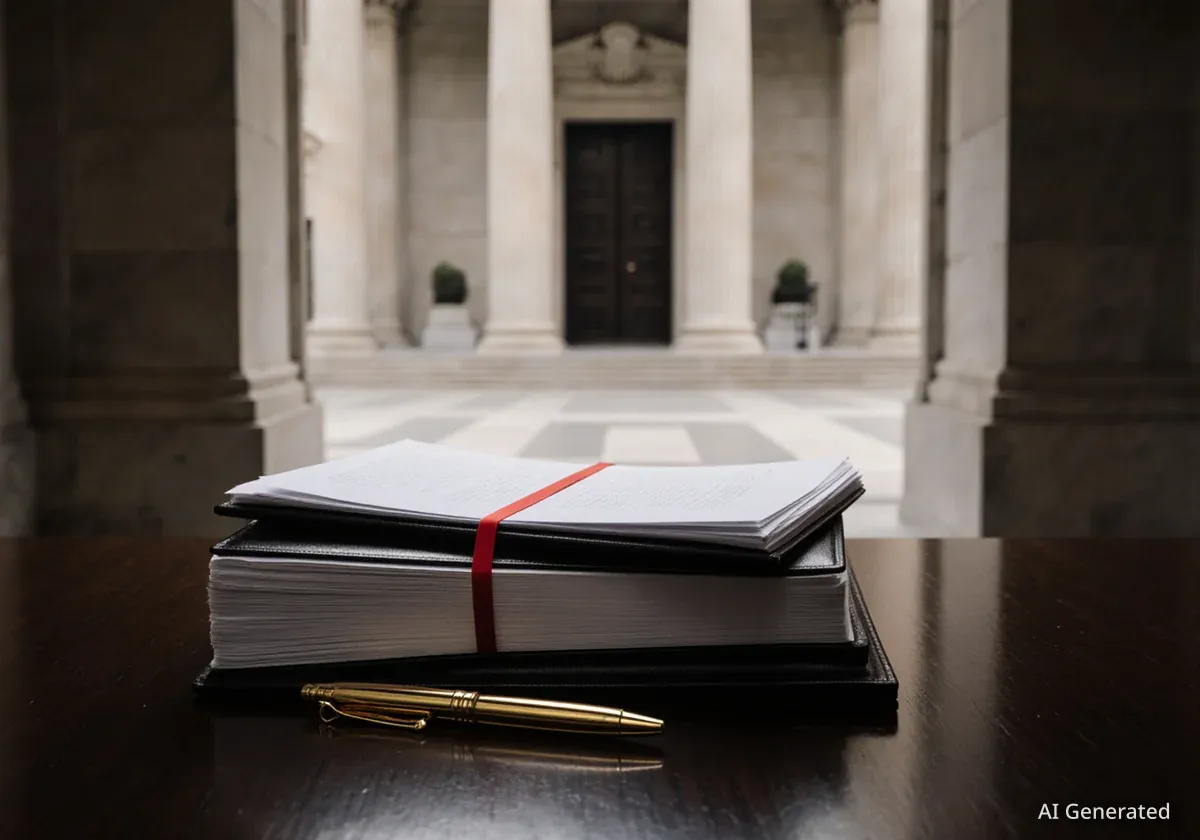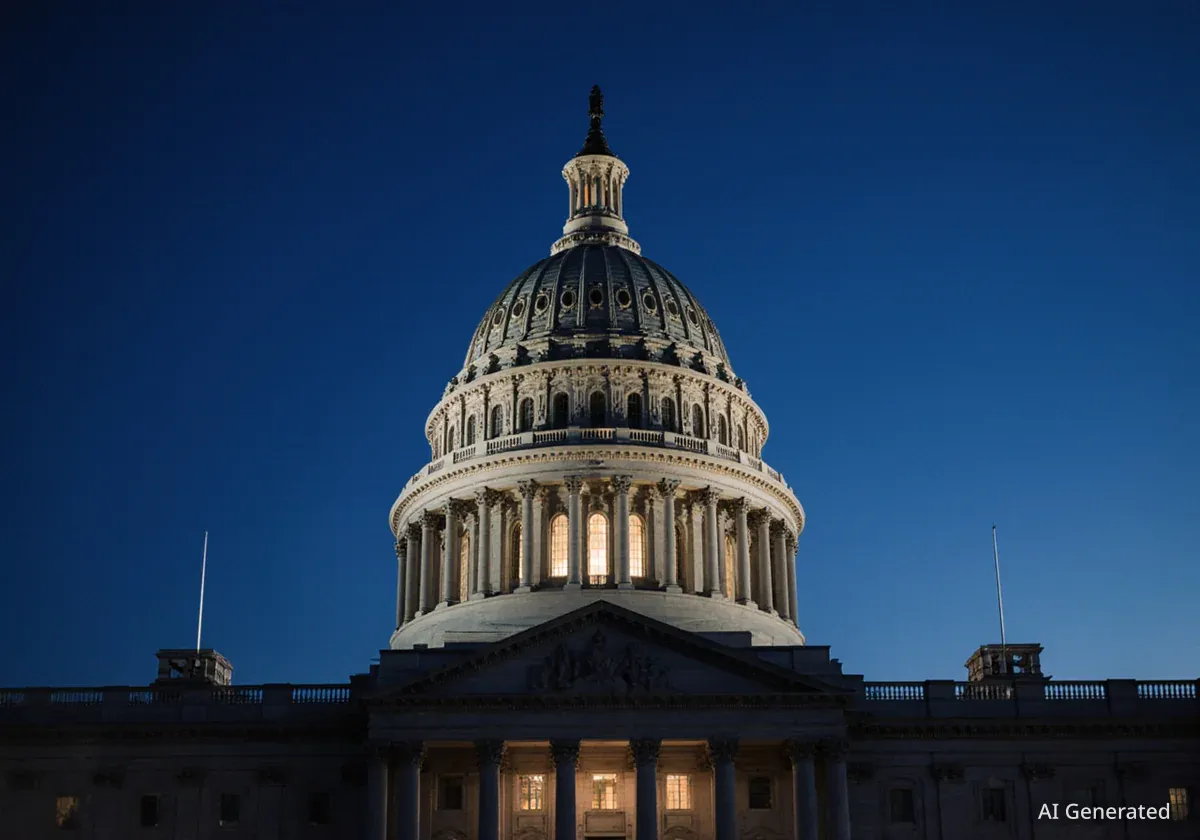Governor-Elect Abigail Spanberger has formally requested that the University of Virginia's Board of Visitors suspend its search for a new president. In a letter sent Wednesday, she urged the board to wait until after her inauguration in January 2026, when new board members can be appointed and confirmed by the General Assembly.
The move comes amid a period of significant tension at the university, marked by leadership changes and votes of no confidence from both faculty and students. Spanberger's intervention aims to ensure the selection process for the university's 10th president is perceived as transparent and legitimate.
Key Takeaways
- Governor-Elect Abigail Spanberger sent a letter to the UVA Board of Visitors on November 12, 2025.
- The letter calls for a pause in the university's presidential search until after her inauguration on January 17, 2026.
- Spanberger cited concerns over the search's legitimacy with the current board composition.
- The request follows recent controversies, including the resignation of former president Jim Ryan and the dissolution of DEI offices.
A Call for Legitimacy and Transparency
In her communication to the board, Governor-Elect Spanberger emphasized the gravity of selecting a new university president. She described the search as "the most consequential action a university board can undertake."
Her primary concern is that a decision made by the current board, before new members are seated, could lack broad acceptance. She argued that a pause would bolster the credibility of the process and the eventual choice for the university's top leadership role.
"As it will be a priority of my administration to stabilize and normalize the leadership of our public colleges and universities, I will make appointments soon after my inauguration," Spanberger wrote.
By waiting for a full, confirmed board, she believes the selection would avoid any perception of being rushed or politically motivated. The letter suggests this step is necessary to restore confidence among key university stakeholders.
A University Facing Internal Strife
The Governor-Elect's letter does not exist in a vacuum. The University of Virginia has recently experienced a series of contentious events that have strained relationships between its administration, faculty, and student body.
These issues have created a challenging environment for the presidential search. Spanberger directly referenced this climate in her letter, pointing to a significant "loss of confidence" within the university community.
Recent Controversies at UVA
The university has been navigating several major challenges, including the resignation of former president Jim Ryan, widespread condemnation from professors over the board's decision to dissolve Diversity, Equity, and Inclusion (DEI) offices, and the rejection of a proposal known as President Donald Trump’s “Compact” last month. These events have fueled a sense of instability on campus.
The faculty senate and the student council have both issued votes of no confidence. Spanberger highlighted these actions as clear evidence of the disconnect between the board and the people it serves.
"This loss of confidence is reflected in the numerous votes of no confidence from both the faculty senate and the student council – constituencies essential to the University’s success and those directly affected by the critical decisions before the Board," she stated in the letter.
The Politics of University Governance
The composition of the UVA Board of Visitors is at the heart of the current issue. In June, outgoing Governor Glenn Youngkin appointed four new members to the board. These appointments have shifted the dynamics of the governing body responsible for hiring the next president.
Spanberger's request is a clear signal that her incoming administration intends to play an active role in the governance of Virginia's public universities. By asking the board to wait for her own appointees, she is asserting her future authority over one of the state's most prestigious institutions.
Board of Visitors Appointment Process
Members of the Board of Visitors for Virginia's public universities are appointed by the sitting governor and subsequently confirmed by the General Assembly. This process inherently links university governance to the state's political landscape, with each new administration having the opportunity to shape the boards.
The Governor-Elect aims to prevent a scenario where a lame-duck board makes a long-term leadership decision. Her letter states that a primary goal of her administration is to "stabilize and normalize" university leadership, suggesting a desire to move past the recent period of conflict.
She believes that proceeding with her appointments first would remove any concern that the board’s actions are “illegitimate” due to a lack of full authority representing the new state leadership.
What Happens Next
The immediate future of the presidential search now rests with the UVA Board of Visitors. The board has not yet issued a public response to the Governor-Elect's request. Similarly, Governor Youngkin's office has not commented on the letter.
The board faces a difficult choice:
- Continue the search: Proceeding as planned could risk a contentious relationship with the incoming governor's administration and further alienate faculty and students.
- Pause the search: Heeding Spanberger's call would delay the hiring of a new president but could lead to a more collaborative and widely accepted process in the new year.
The decision will have significant implications not only for the University of Virginia but also for the relationship between state government and its public university system. The situation highlights the delicate balance between a university board's autonomy and the influence of elected officials. As the transition of power approaches, the leadership of one of the nation's top public universities hangs in the balance.





